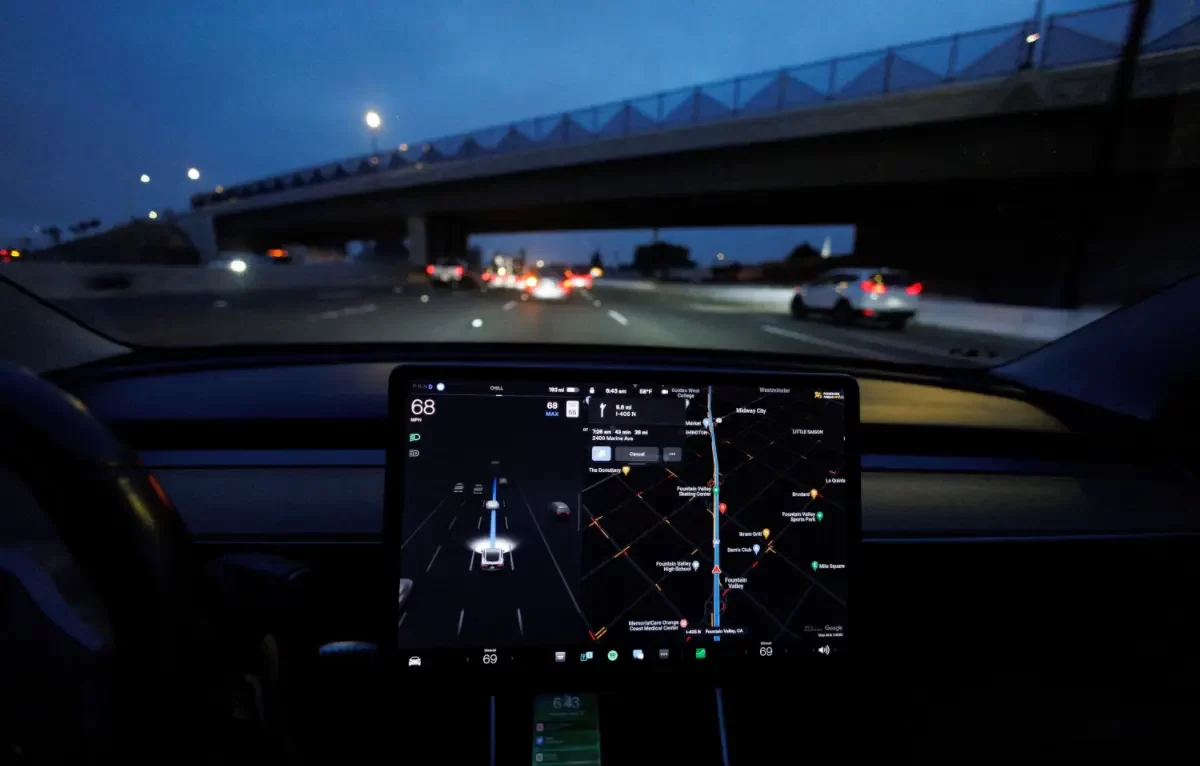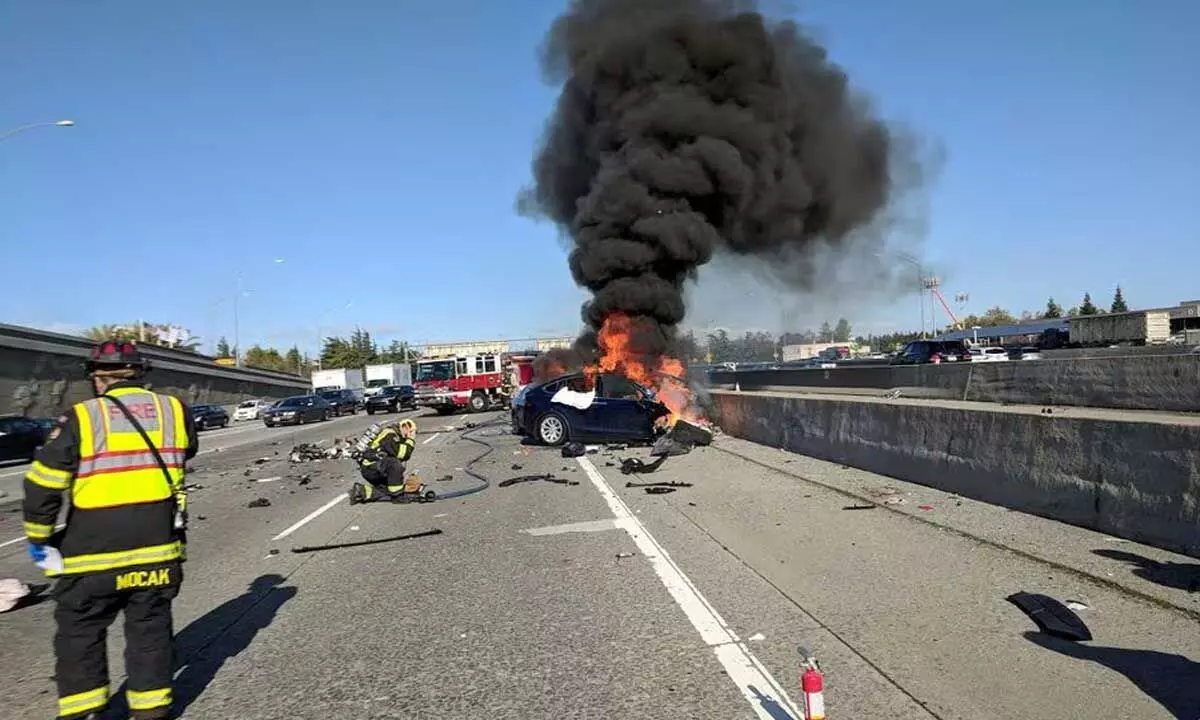Six weeks before the initial fatal accident involving Tesla’s Autopilot in 2016, Jon McNeill, the automaker’s president, tested the system in a Model X and provided feedback via email to Sterling Anderson, the head of automated driving, with Elon Musk copied in the correspondence.
McNeill noted the system’s flawless performance, likening it to that of a human driver, but admitted to becoming overly immersed in emails or calls, leading to missing exits. His email, disclosed for the first time, now serves as a legal point of contention against Tesla concerning Autopilot.
In a California wrongful-death lawsuit, plaintiffs’ attorneys referenced McNeill’s email during a deposition, questioning whether Tesla was aware that drivers might not pay attention to the road while using its driver-assistance system.
The case, scheduled for trial in San Jose, involves a fatal crash in March 2018, marking the third trial in California over Autopilot, with previous rulings favoring Tesla.
This time, the plaintiffs’ lawyers possess testimony from Tesla witnesses suggesting that the company never assessed how rapidly and effectively drivers could assume control if Autopilot erroneously directed the vehicle towards an obstacle.
One witness disclosed that Tesla delayed implementing a system utilizing cameras to monitor drivers’ attentiveness until 2021, approximately three years after initially considering it.
The trial involves a fatal highway collision near San Francisco, claiming the life of Walter Huang, an Apple engineer. Tesla contends that Huang misused the system by playing a video game moments before the accident.
Huang’s family’s attorneys question whether Tesla comprehended that drivers, including its own president, McNeill, might not or could not utilize the system as instructed and what measures the automaker took to safeguard them.
Legal experts suggest that this case could pose a significant challenge to Tesla’s claim that Autopilot is safe, conditional upon drivers fulfilling their responsibility.
Matthew Wansley, an associate professor at Cardozo Law School experienced in autonomous-vehicle law, asserts that Tesla’s understanding of probable driver behavior could hold legal significance, arguing that if Tesla anticipated misuse of the system, it was obligated to design it to prevent foreseeable misuse.

Richard Cupp, a professor at Pepperdine Law School, suggests Tesla might counter the plaintiffs’ argument by alleging that Huang deliberately misused Autopilot.
Nonetheless, if successful, the plaintiffs’ attorneys could establish a framework for similar lawsuits against Tesla. Presently, Tesla faces around a dozen such lawsuits, eight of which involve fatalities, potentially exposing the automaker to substantial financial liabilities.
Musk, Tesla, and their attorneys declined to respond to detailed queries from Reuters. McNeill opted not to comment, and Anderson did not respond to requests, both having since departed Tesla.
The crash resulting in Huang’s death represents one of numerous incidents in the U.S. where Autopilot’s involvement was suspected, with the U.S. National Highway Traffic Safety Administration (NHTSA) investigating at least 956 such incidents, including over 40 accidents involving Tesla’s automated driving systems that resulted in 23 fatalities.
In light of NHTSA scrutiny, Tesla recalled over 2 million vehicles with Autopilot in December to implement additional driver alerts, though the recall did not completely resolve the issue, according to Consumer Reports road tests.
The circumstances surrounding Huang’s crash underscore the need for improved driver-monitoring systems in Tesla vehicles, a factor emphasized by the National Transportation Safety Board (NTSB).
Tesla’s delayed implementation of camera-based monitoring, along with Musk’s longstanding resistance to advanced driver-monitoring systems, raises concerns regarding the company’s commitment to ensuring driver safety amidst the rapid advancement of its autonomous driving technology.
Also read: Security Risks: How Researchers Could Steal Your Tesla Using A Fake Charging Station WiFi

